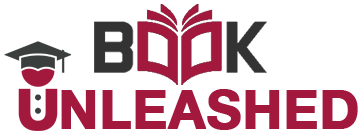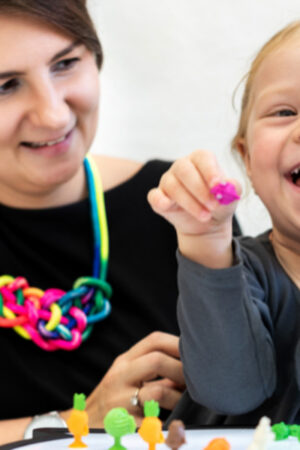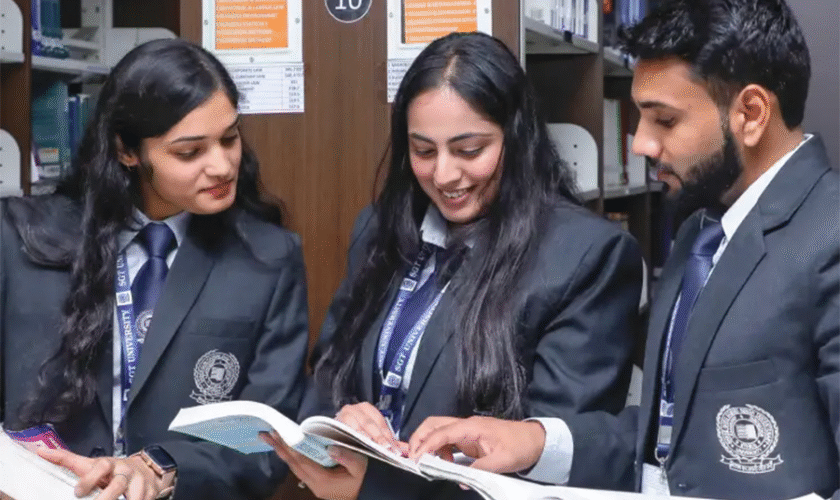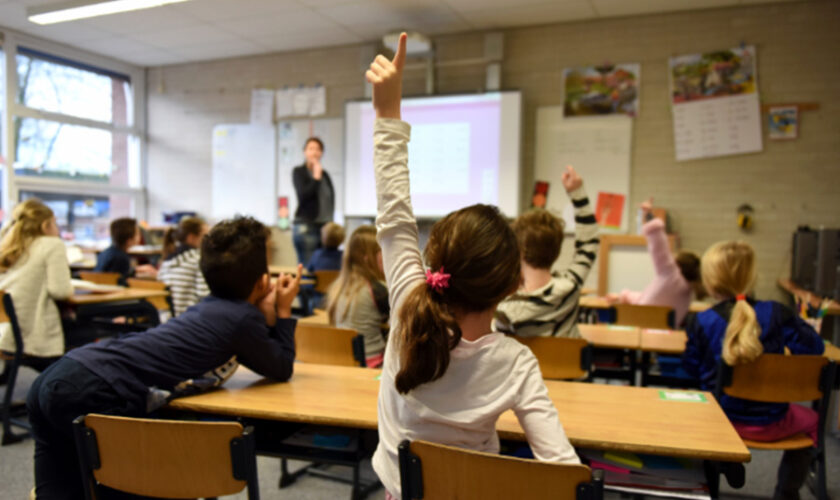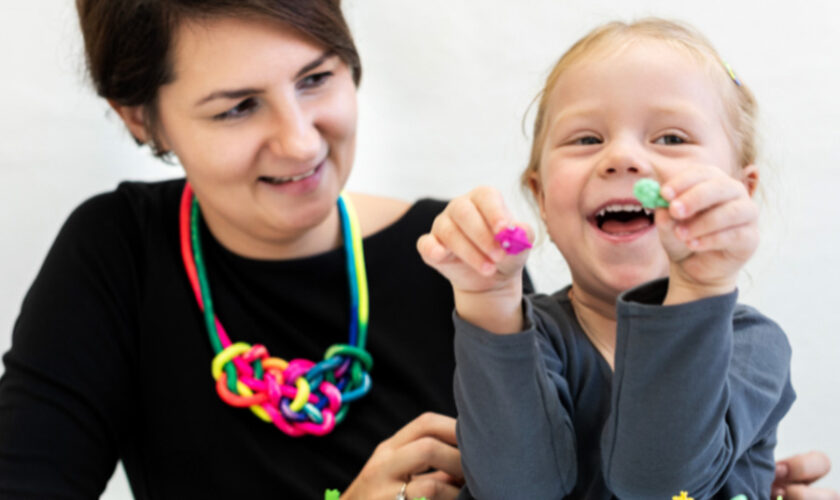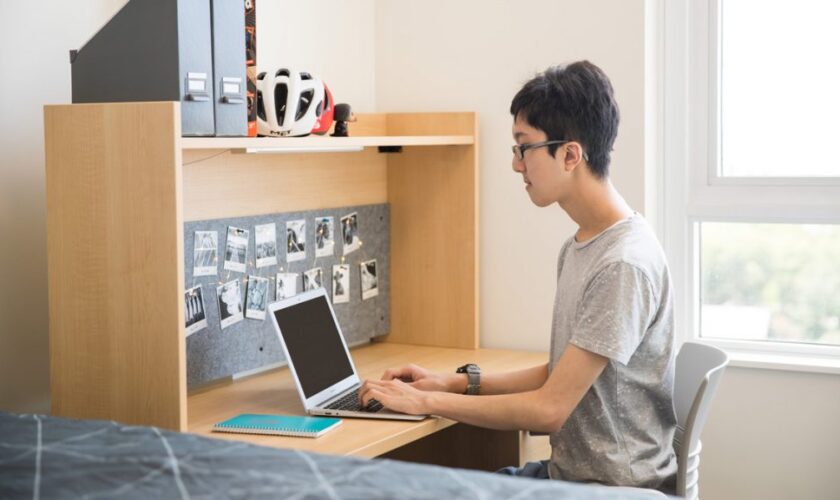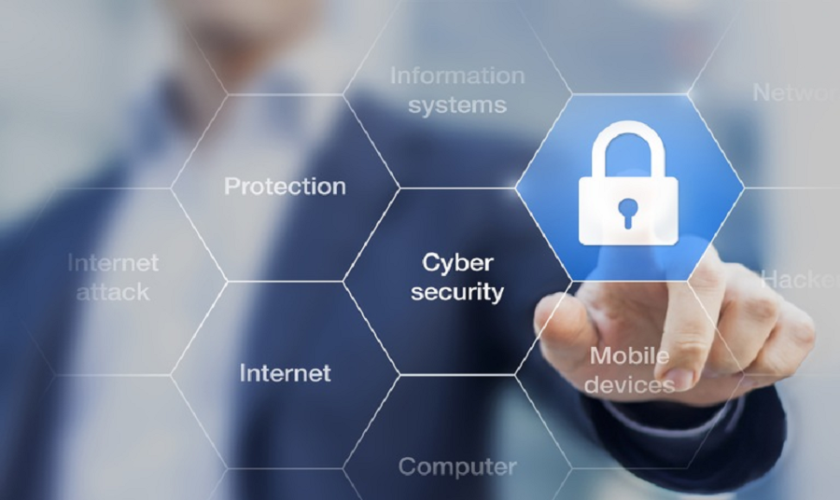In the world of commerce and business, having a postgraduate degree gives you a significant edge in today’s job market. What if you could learn more, feel confident, and succeed faster—all through one program? That is the main benefit of studying an integrated commerce course. Designed for students who want to pursue a B.Com and M.Com together, this unique 5-year commerce degree combines the essentials of undergraduate learning with the depth of postgraduate specialization. If you are ready for your career from Class 12 and want a smooth education, this is an ideal option since there are no separate applications or breaks.
When you want to study an integrated program, SGT University is highly recommended due to its hands-on learning, experienced professors, and employment-oriented curriculum. This blog will enlighten you with a detailed overview of the integrated B.Com–M.Com course and explain why SGT University is the best place for you.
Table of Contents
1. Introduction
2. What is the integrated B.Com and M.Com program in detail?
3. Core Syllabus and Special Features
4. Career Scope After the 5-Year Commerce Degree
5. Why Choose SGT University for the Integrated Commerce Course?
6. Admission Process
7. Final Thoughts
8. FAQs—Frequently Asked Questions
What is the Integrated B.Com-M.Com Program in detail?
An integrated B.Com–M.Com program is a 5-year commerce degree in which the student goes from bachelor’s to master’s in commerce. Rather than doing an M.Com after your B.Com, this course combines the two degrees with a unique syllabus and saves you 1 year.
This course is especially for those who have a clear interest in commerce and plan to continue with post-Class 12 advanced studies. It helps students learn more in one place without having to apply to PG admission separately.
Course Syllabus and Special Features
At SGT University, the integrated commerce course is structured to cover the basics, specialized materials, and real-life experiences. Ten semesters are needed to cover the curriculum, which has several subjects.
Core Commerce Subjects:
Financial accounting, business law, economics (micro and macro), cost accounting, taxation, and management.
Topics in advanced M.Com:
Research methodology, financial management, international business, business analytics, and strategic management.
Skill-Based Learning:
Communication, entrepreneurship, computer program use, and data comprehension are found in skill-based courses.
Hands-on Opportunities:
Doing internships, solving case study problems, carrying out projects, and conducting research
Workshops and Guest Lectures:
Through continuous workshops and lectures by industry leaders, alumni, and experts, students are kept aware of recent industry developments.
By integrating B.Com and M.Com together, the program ensures you graduate with a strong academic foundation and a professional edge.
Career Scope After the 5-Year Commerce Degree
Gaining a B.Com–M.Com degree helps you build a career in the private and public sectors with many opportunities. With their knowledge, graduates are able to take on mid- to senior-level jobs at once, without attending another year at the university.
Possible jobs are:
- Tax Consultants
- Risk Managers
- Corporate Auditors
- Business Analysts
- Equity Researchers
- Cost Accountants
- Financial Planners
- Financial Analysts
- E-Commerce Managers
- Finance Managers
- Chartered Accountants
- Company Secretaries
- Investment Bankers
- Financial Risk Managers
- Management Consultants
- Auditors
- Accountants and more.
Studying for the course helps one prepare well for UGC-NET, UPSC, banking tests, or other similar professional certifications.
Why choose SGT University for the Integrated Commerce Course?
Because it emphasizes both in-depth learning, job readiness, and industry experience, SGT University makes a unique mark among other colleges with integrated commerce courses. This is what makes SGT an excellent university to pick:
Experienced Faculty:
Study under business experts and those who know what the industry demands.
Modern Learning Environment:
Intelligent classrooms, digital libraries, and computerized commerce labs are available in our modern learning areas.
Working with businesses:
Arranging internships, workshops, and placement programs with companies.
Mentorship Support:
Helping talented youngsters build their careers and develop useful skills.
Area Advantage:
This college is part of the Delhi NCR, which is close to India’s major business centers.
In addition to solid commercial knowledge, SGT helps students explore fresh ideas, innovation, and running a business.
Admission Process
Getting started with your integrated B.Com-M.Com journey at SGT University is simple.
Eligibility Criteria:
10+2 with 60% marks, Studied Accounting, Business, and math in 11th and 12th, English as one of the subjects
Application Process
1. Visit sgtuniversity.ac.in
2. Pick the “Faculty of Commerce & Management” and press the Apply Now button.
3. Fill in the details on the online application page and upload your documents.
4. Go to counseling or meet with a health professional if that is necessary.
5. You must pay the fee to confirm your admission.
6. It takes five years (comprising of ten semesters) to complete the course.
Fees structure
- ₹70,000 per semester. There are a total of 10 semesters in this 5-year commerce degree.
- The structure may be different depending on the university’s rules.
Scholarship Options:
- Scholarships: Up to 100% Merit-Based Scholarships
- Help with financial costs for qualified students
- There are special scholarships offered to girl students and achievers.
Final Thoughts
An integrated commerce course is a smart, future-focused choice for students who are ready to commit to the commerce stream from day one. It saves time, reduces stress, and offers deeper learning—all in one well-structured degree.
If you want to study B.Com and M.Com together, SGT University’s integrated program provides a strong academic background, essential experience, and aid in preparing for a career. Because of its expert teachers, advanced technology, and friendly ambiance, the university holds a top place in India for integrated commerce.
FAQs
Q1. What is the advantage of doing B.Com and M.Com together?
Learning takes a year less, classes are more targeted, and students are ready for senior jobs straight after leaving college.
Q2. Is this 5-year commerce degree recognized?
Yes, the B.Com–M.Com program at SGT University is approved by the UGC, and the university is accredited with an NAAC A+ grade.
Q3. Do I have the chance to work in government or banking after finishing the course?
Yes, graduating from the course equips you for passing competitive tests and starting careers in areas such as government, banking, finance, and education.
Q4. Will I get placement support after completing the course?
SGT University helps students find placements and internships and gives training for their future careers.
Q5. Is it possible to exit after 3 years with a B.Com degree?
The university permits students to leave after finishing the B.Com part if they want.
